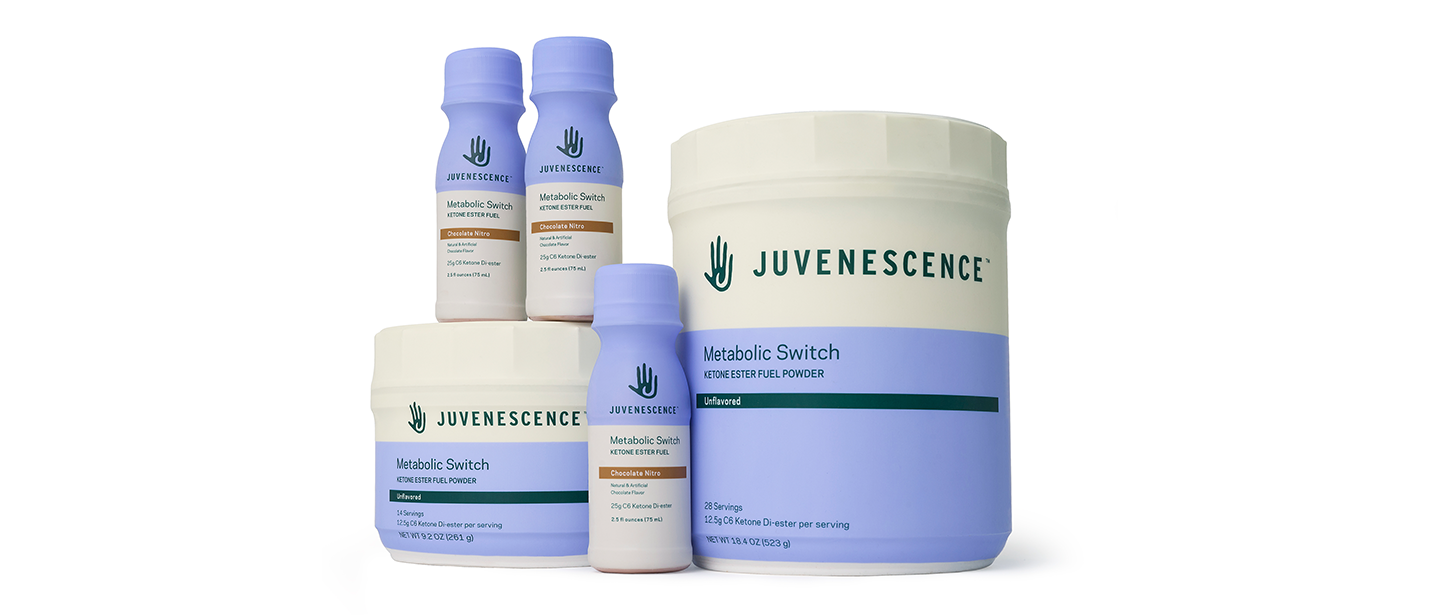Getting old is a fact of life. That’s what we’ve always heard. We think we know how the steady march of time looks. We’ve watched it happen to parents, grandparents, neighbors and ourselves. At a certain age, that weight that was once trivial becomes harder and harder to lift. Joints and arteries start to stiffen. Mental functioning declines; forgetfulness stalks us. Bones naturally lose density, hearing diminishes and skin thins and bruises easily.
There’s no stopping the clock, of course — chronological aging is a fact of life. But the physical and mental changes that are so familiar are actually part of something different, a process called biological aging triggered by the impacts of genetics, environment and lifestyle choices.
It turns out there’s a big difference between chronological and biological aging, and science can help to uncouple the two.
Getting old is a fact of life. Feeling old isn’t.
Time versus lifestyle
We have several strategies available to us to offset the corrosive effect of time on our bodies. Drinking less alcohol and quitting smoking. Exercising to keep muscles and bones robust. Getting good restful sleep.
And a substantial body of research that scientists have been building over decades now points to diet being one of the most powerful tools at our disposal to slow the aging clock. Buried deep within our cells is a clever biochemical trick nature gave our ancestors to survive when finding food wasn’t as easy as a trip down the street to the supermarket.
Our cells want to make energy by breaking down a simple sugar called glucose that they can get from carbohydrates. But in lean times, when carbs are hard to come by and our bodies are starving, our cells have developed the ability to use fat as an alternative fuel source to glucose. The process is called ketosis.
KETOSIS
You are considered to be in ketosis, when ketone levels in the blood are elevated.
A magic bullet to keep from starving
When carbs are scarce — below 50 grams per day for humans — the body kicks into ketosis. The liver breaks down fat into molecules called ketone bodies that it then pumps into the bloodstream for our cells to use as energy. It usually takes up to four days for a person’s stored glucose supply to run out and for the process to start.
Today, when the threat of starvation has passed for many of us, there are three ways to get our bodies to kick into ketosis. We can fast so that our bodies think we are starving, switch what we eat to a very low-carb ketogenic diet or consume ketone bodies as drinks or supplements.
Science has already proven that ketosis is excellent for burning fat and losing weight. And now, emerging research is raising awareness and interest in potential health benefits beyond that.
But how could something as simple as changing our cellular fuel source also potentially impact how well we age?
KETONES
Compounds produced by the liver when the body’s primary fuel sources are in short supply. This “back-up” fuel can help power the body when needed.
Better aging with ketones
Studies have shown that the ketone bodies made by a person experiencing ketosis do more than help us achieve healthier body weight. A ketone body called beta-hydroxybutyrate (BHB), one of the main ones produced during ketosis, also acts as a signaling molecule in addition to a fuel source. BHB regulates gene expression, which alters protein production.
BETA-HYDROXYBUTYRATE (BHB)
A ketone body synthesized in the liver from fatty acids. It’s an essential carrier of energy from the liver to peripheral tissues when the supply of glucose is too low for the body’s energetic needs, such as during periods of prolonged exercise, starvation, or absence of dietary carbohydrates.
Somehow — scientists are still trying to understand why — changes caused by BHB signaling and the reduction in available glucose from the keto diet lead to all kinds of help with healthy aging. We now know that ketosis supports a healthy metabolism, immune system and blood sugar levels and promotes sustained energy.
Our picture of what it means to grow old keeps changing with every new benefit linked to ketosis. Tapping into better aging only demands that we choose to act.





Leave a comment
This site is protected by hCaptcha and the hCaptcha Privacy Policy and Terms of Service apply.